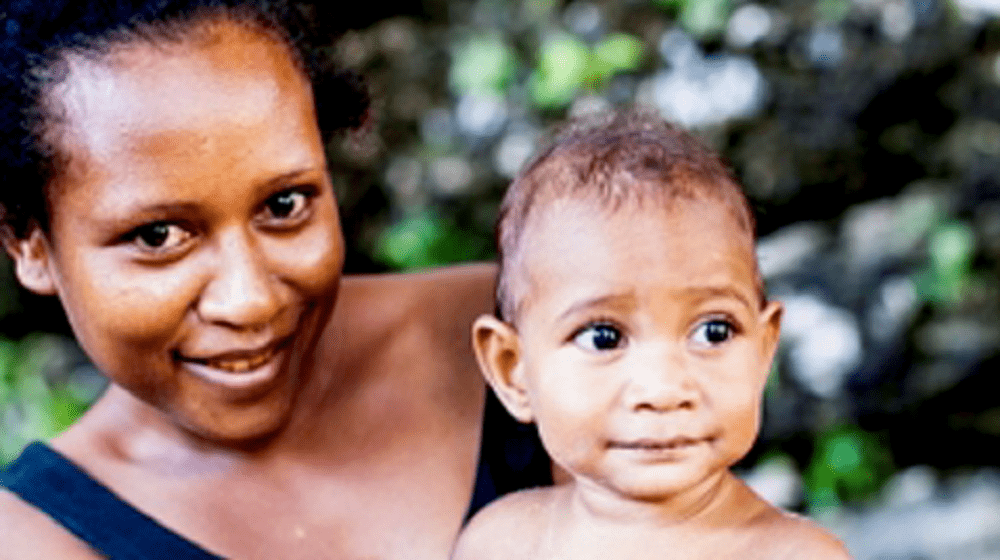Message on International Women’s Day, 8 March 2022
‘Gender equality and women’s empowerment today for a sustainable tomorrow’
“As the world continues to battle and recover from the ongoing COVID-19 pandemic, and governments look to institute policies to build back better and greener, we are at the same time affected by another global crisis – climate change – and the impact it has on women’s health, rights, and equality,” says Mr. Bjorn Andersson, Regional Director, UNFPA Asia-Pacific.
Climate change is a multiplier of pre-existing forms of vulnerabilities and inequalities, including gender inequalities, often resulting in negative impacts for women and girls. Between 2010 and 2020, Asia and the Pacific accounted for three-quarters of the 122 million people that were affected by disasters. With Asia-Pacific being the most disaster-prone region in the world, we cannot ignore the disproportionate effects of climate change on women and girls.
“Some might think that natural disasters like earthquakes, volcanic eruptions, tsunamis, flooding, coastal erosion and landslides impacts equally on everyone,” says Marielle Sander, Representative, UNFPA Papua New Guinea Country Office. “The reality is that women, children, people with disabilities and our elderly are more vulnerable – especially in rural areas.” When weather patterns shift, leading to more rains or long periods of drought, food insecurity increases, and livelihoods are threatened. “That is why climate change mitigation is a call for us all to take action.”
Gender-based violence and harmful practices, including child marriage, increase among climate-affected populations. Climate-related emergencies also cause major disruptions in access to essential sexual and reproductive health services and life-saving medicines, including for maternal health care, contributing to a higher risk of maternal and newborn deaths.
To ensure a better and more sustainable future for all, we must accelerate transformational progress including through maternal health and family planning services, increased sexual and reproductive health-related decision-making, and by strengthening policies, organisations, and feminist and youth networks to promote and protect these issues to build resilient societies, especially in the context of climate change.
To facilitate this, UNFPA, the United Nations sexual and reproductive health agency, joins the call on International Women’s Day to ask governments to invest in universal access to sexual and reproductive health and rights for all, including by ensuring the meaningful participation of women and girls in climate action by shifting and sharing power with excluded groups and people – and promoting gender parity in all decision-making spaces.
******
#IWD2022 Related Publications:


